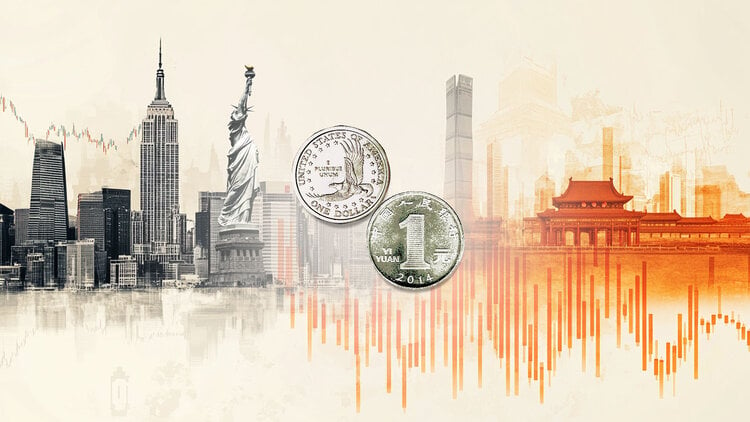BMW recently announced a $1.7 billion investment to help prepare its massive Spartanburg, South Carolina plant to produce electric cars and SUVs.
That amount included $700 million for the construction of a battery factory nearby.
Spartanburg is the largest BMW factory anywhere in the world.
It employs 11,000 people and produces 40,000 SUVs a year, of which only 40% are sold in North America. The rest is exported to 120 other countries.
It’s one of several such announcements in recent months and years as automakers prepare to start producing more electric vehicles. Mercedes, Hyundai, Honda and others have also announced plans to build battery plants in recent months.
BMW’s announcement came after the passage of the Biden administration’s Inflation Reduction Act, which limits tax breaks for electric vehicles to those with battery manufacturing and raw material supplies in much of the US.
The rules allow consumer tax credits only for electric vehicles that meet increasingly strict targets for manufacturing the vehicles themselves in the US as well as their batteries.
They also require the supply of raw materials for batteries in the US and place limits on the cost of vehicles and the income of buyers.
Buyers can get full tax credits only if they and the vehicles meet the requirements.
But that kind of regulation had no impact on BMW’s decision to locate battery production in South Carolina, BMW President Oliver Zipse said in an interview with CNN Business . Simple logistics were a much more important factor.
“You’re not going to fly hundreds of pounds of batteries around the world or put them on a ship,” he said. “You’re not going to do this. You will find it anyway.”
Not only are the IRA rules pushing American industry as unnecessary, Zipse said, they also risk negative repercussions for the American jobs they were designed to protect, he said.
The IRA does not provide any benefit to the vehicles, regardless of how they are “made in the US”, if they are not sold within the US.
More importantly, however, protectionist regulations that try to isolate US-made vehicles for US buyers could trigger retaliation, putting valuable export businesses at risk, Zipse said.
“You can never make a regulation without looking at the consequences of other regulators,” he said. “And I just warn you that we have an eye for an eye regulation.”
And simply, as a practical matter, it’s difficult to isolate the automaker’s supply chains in the way the IRA seems to require, Zipse said.
“The assumption that you can encourage an industry within a region of the world, in an industry as complex as the auto industry is a wrong assumption,” he said.
Zipse also warned of the possible unintended consequences of regulations, such as those in some US and European states, which prohibit the sale of non-zero emission vehicles after a certain date. On the one hand, this could mean that overall industry sales will decline.
“We don’t believe this drivetrain will make up the full market of today’s size,” he said.
Not all consumers will be able to have electric vehicle chargers at home, Zipse said, so many may decide instead to keep their gasoline cars longer or buy used gasoline-powered cars instead.
Some automakers, such as BMW competitors General Motors and Mercedes-Benz, are apparently not worried about this possibility of shrinking sales and have announced plans to go all-electric at a set future date.
BMW has never publicly said that it intends to make only electric vehicles after a certain period.
Unlike some automakers, such as GM and Volkswagen, which manufacture electric vehicles on different engineering platforms entirely different from their gasoline cars, BMW designs its vehicles so that they can be produced as electric, plug-in hybrids or powered exclusively by gasoline. .
BMW executives promote this kind of flexibility to respond to market demands for different types of vehicles.
Instead, he said, regulators should impose gradually stricter emissions restrictions, leaving automakers how best to meet those targets. , as regulators have done in the past. So far, this approach has not stopped global warming from escalating.
Zipse insisted that BMW can manage whatever the regulators decide, however.
“We can easily scale them up,” Zipse said of the increased regulatory demand for electric vehicles. “All our factories are qualified to build electric vehicles. We have a flexible approach.”
Source: CNN Brasil
Joe Jameson, a technology journalist with over 2 years of experience, writes for top online news websites. Specializing in the field of technology, Joe provides insights into the latest advancements in the industry. Currently, he contributes to covering the world stock market.







